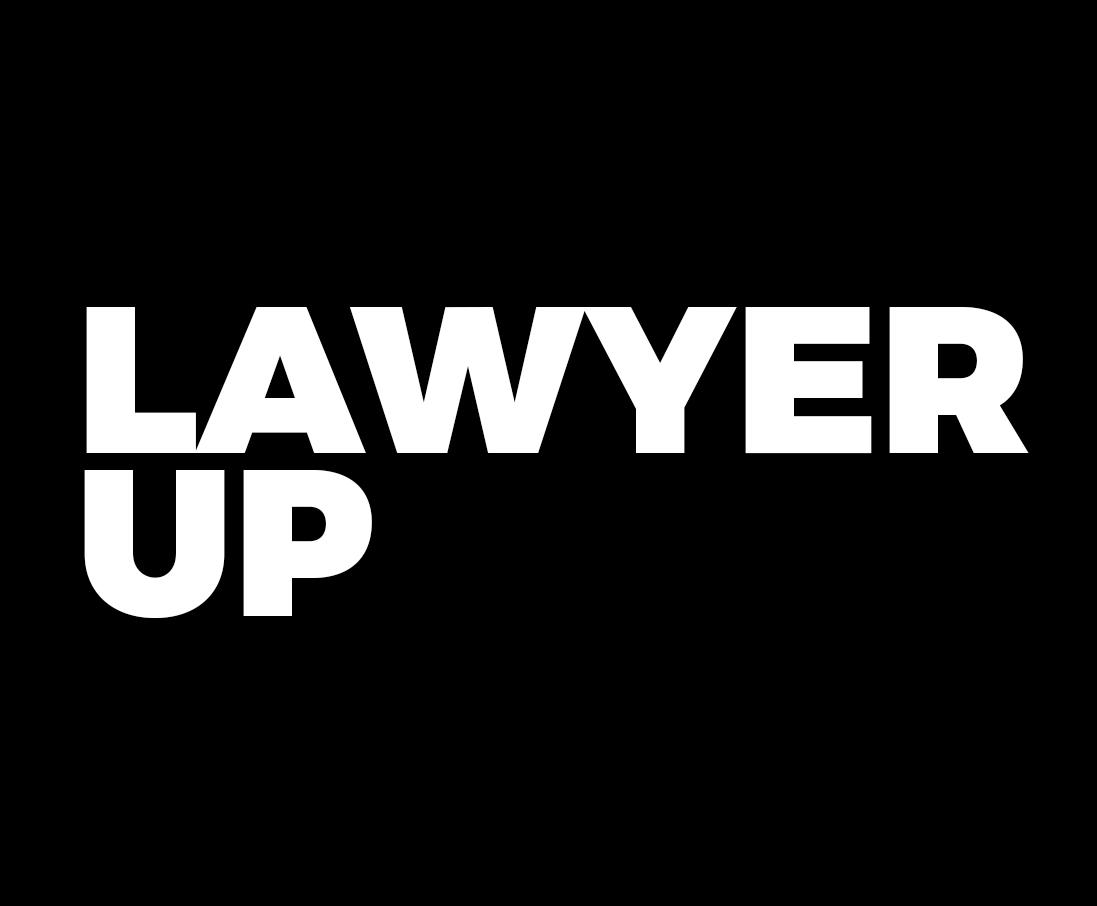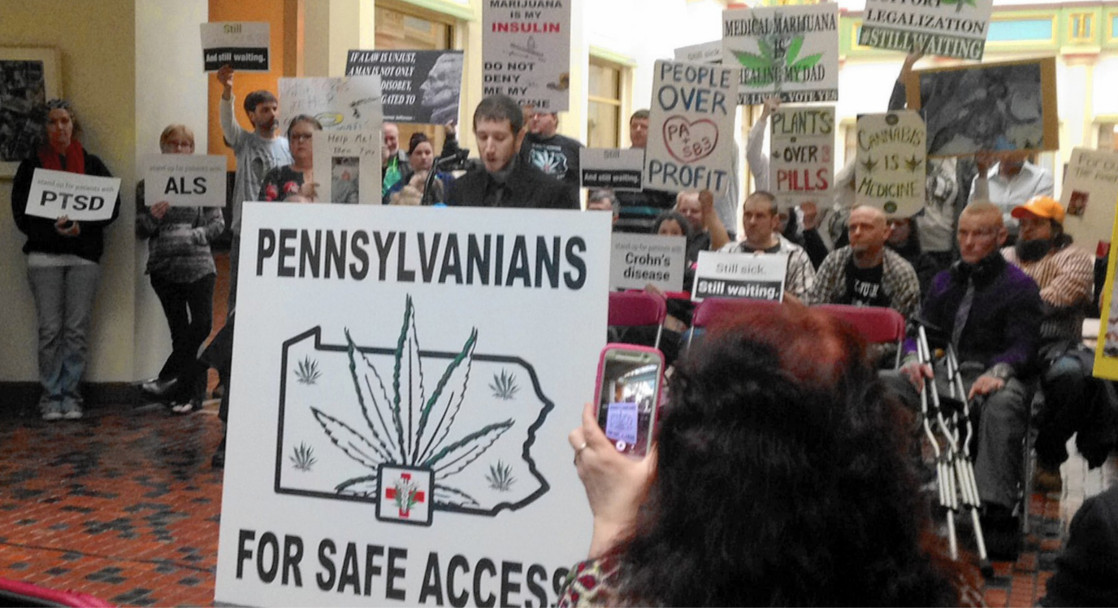Disclaimer: This column is written for educational purposes only. It does not provide specific legal advice and does not create an attorney-client relationship. This column should not be used as a substitute for competent legal advice from a licensed attorney in your state.
A recent spate of prosecutions targeting cannabis lawyers and other “ancillary” professional service providers is causing anxiety within cannabis business communities around the US. Who are these “ancillary” professionals and what do they do? Ancillary refers to any business related to the cannabis industry that does not directly “touch” the plant. For example, cannabis-related businesses that don’t buy, sell, grow or produce marijuana — such as technology companies or equipment manufacturers — are considered ancillary. Some also consider business service providers who support the successful, legal operation of cannabis businesses to be ancillary as well. Ancillary professional service providers can include lawyers, CPAs, payroll services, armored car services, etc.
As cannabis has been legalized in different forms throughout the United States, we’ve seen more and more ancillary professionals stepping up to support legal cannabis businesses. These ancillary professionals have generally operated under the assumption that they enjoy somewhat greater protections under the law (as compared with traditional cannabis businesses) because that they don’t deal directly the plant. While arrests and prosecutions of professionals in the business of growing, manufacturing and selling marijuana products is nothing new, and it’s rare for cannabis business attorneys and consultants to be charged. That said, recent prosecutions are calling into question whether ancillary businesses are as safe as they believe.
Colorado Consultants Hit with Drug Conspiracy Charges
Back in 2014, a DOJ memo was believed by many to give the go-ahead to Native American tribes to cultivate and sell marijuana so long as certain guidelines were followed. The memo prompted a wave of speculation, with cannabis companies and investors seeking to partner with tribes on what could have been very profitable operations. One ambitious pair of Colorado-based cannabis consultants entered into a contract to help the Flandreau Santee Sioux tribe open up a cannabis resort on Native American land in South Dakota. Monarch America and the Flandreau Santee Sioux were stopped in their tracks by South Dakota law enforcement before they could even make their first sale. Their ambitious cannabis resort never became a reality.
Eric Hagen and Jonathan Hunt, the duo behind the Monarch America consulting firm, were charged with conspiracy in 2016. Mr. Hagen, Monarch’s CEO, pled not guilty to charges of: (1) conspiracy to possess, (2) possession and (3) attempt to possess more than 10 pounds of marijuana. The conspiracy and possession charges both carried a maximum penalty of 10 years in prison. The attempted possession chart carried a penalty of 7.5 years. Mr. Hagen was ultimately found not guilty after a jury trial. Mr. Hunt, who oversaw the tribe’s cultivation activities, made a deal with prosecutors — pleading guilty to one drug conspiracy count. And while in this case it appears at least one of the consultants was advising the tribe on plant-touching aspects of the business (i.e. cultivation), other cases suggest that law enforcement are going after ancillary professionals in an unprecedented way.
California Attorney Is Swept Up in Cannabis Prosecution
In late May, the California cannabis community was shocked to find out that, along with her clients, Attorney Jessica McElfresh had been charged with multiple felony counts of conspiracy to commit crimes, manufacturing a controlled substance, and obstructing justice. The charges were unexpected, coming just weeks after a judge’s ruling forced the San Diego District Attorney’s office to return $100,000 seized from Ms. McElfresh’s client, Med-West Distribution. Several cannabis attorneys in the community strongly believe that the charges against Ms. McElfresh were brought in retaliation against the DA’s defeat on the issue of asset forfeiture — suggesting the DA was embarrassed to lose in court to a cannabis business.
Whether or not the prosecution of Ms. McElfresh and her clients is truly vindictive, it may certainly have a chilling effect on attorneys who represent or would consider representing cannabis businesses. If the charges against Ms. McElfresh stick, it could create legal precedent to go after other attorneys who represent cannabis businesses. Cannabis professionals have the right to legal representation and attorneys have a corresponding obligation to provide competent, ethical representation to those who need it. And cannabis businesses certainly need help navigating and complying with the many complex legal and regulatory requirements placed on them in legalized states.
Many state Bars have passed statutes or enacted policies that protect lawyers in their representation of clients operating in the cannabis industry, including Nevada, Florida, Minnesota and Massachusetts. According to a 2015 ethics opinion from the San Francisco State Bar, is it legal and ethical for attorneys to represent a client in forming and operating a medical marijuana business that is legal under state law — so long as specific guidelines are followed carefully. It should be noted that even if the lawyer finds out that the client had engaged in a violation of state law, the lawyer may withdraw from representing the client, but is not required to do so. Of course, a lawyer is not protected if he or she engages in criminal conduct themselves.
In Ms. McElfresh’s case, she is alleged to have worked together with her client to get rid of evidence that marijuana was manufactured at a location that was not permitted for such activity. It is also alleged that she purposely mislead investigators to believe that the business only dealt with paper and packaging, and not actual marijuana or marijuana product. Ms. McElfresh and her clients are expected to be arraigned June 15. While the charges against her could be dropped at any time, it’s expected that she will fight the charges — potentially dragging out the legal battle for a year or more. No matter the outcome, this case demonstrates that even cannabis attorneys are not above prosecution.
~ Cannabiz Confidante











